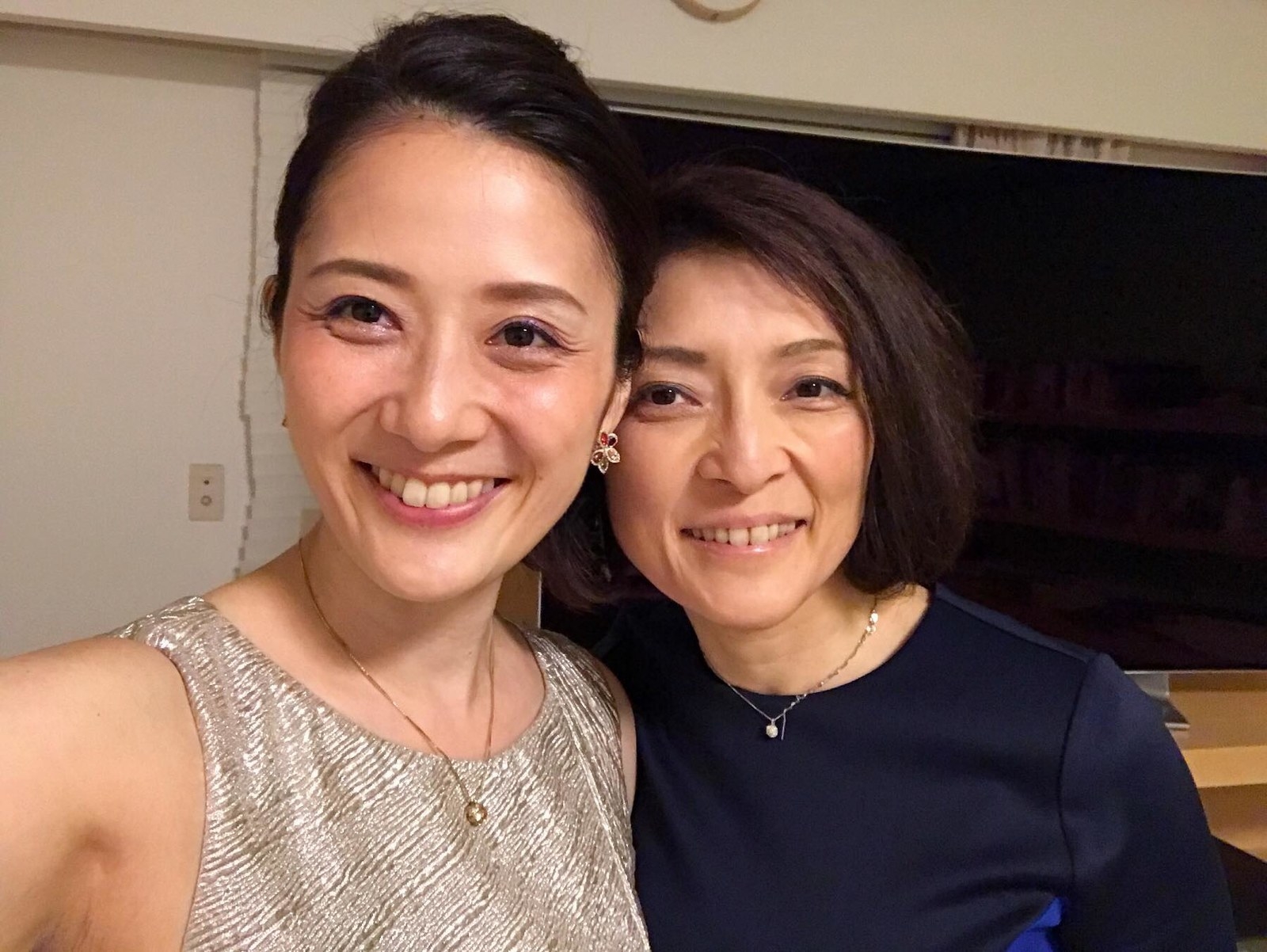Working Women in Japan So Inspired by Kazuyo Katsuma Coming Out They Came Out With a Term it
 |
| (Katsuma on left) |
Translated from japanese by Google Translate: Katsuma who also wrote books on love affairs has talked openly about her own male and female relationships. However, when it became association with women, the story was different. What cared about was the reaction of the family.
When I started dating, I confided to my family. I want to prevent influence from my family watching.
If we define the sexuality of wins, both men and women may be "bisexual," subject to love affair, and "pan sexual" who likes people regardless of gender.
She is not interested in doing so by defining herself. I have loved men in my life, now I love Masuhara. What I loved was that individual, not sex. 🦊
Kazuyo Katsuma has inspired so many working women in Japan that there’s a term referring to those trying to emulate her success. Now, she’s trying to inspire Japanese people in another way.
In an interview with BuzzFeed Japan (link in Japanese) this week, the 49-year-old economics commentator revealed she is in a relationship with Hiroko Masuhara, a well-known LGBT rights activist in Japan. Masuhara made headlines in 2015 when she and her then-partner became the first same-sex couple in Japan to receive a partnership certificate (the couple announced their separation last year).
Katsuma said that (link in Japanese) she decided to come out because she sees it as an “opportunity for society to change.” Katsuma (link in Japanese), a graduate of prestigious Waseda University and Keio University in Tokyo, qualified as an accountant at 19 and worked for McKinsey, Arthur Andersen, and JP Morgan. She has three children—her first when she was 21—and has been divorced twice.
After she began working independently in 2007, she started writing books on women in the workplace, giving birth to the term “Katsumer,” which became part of the country’s zeitgeist when it was a contender for buzzword of the year in 2009 (link in Japanese).
In her BuzzFeed interview, Katsuma said she had feelings for both men and women even in high school, but she was aware that liking a girl was seen as a “bad thing.” After she got married for the first time and had a child, however, she said she became too preoccupied with working and being a mother, and may have “unconsciously” suppressed her feelings as a result.
The turning point came in 2015 when she learned about Masuhara’s same-sex partnership recognition at a high-school reunion, as they both attended the same school. Through an alumnus of the school, Katsuma got in touch with Masuhara, who runs a company called Trois Couleurs, which provides training on LGBT issues for organizations. After Masuhara separated from her partner, Katsuma professed her feelings to her, and the two began to co-habit.
Same-sex relationships are by no means widely accepted in Japan. Though there is no move at the national level to recognize such partnerships, the pace of local governments implementing LGBT-friendly policies has accelerated in recent years. This month, Tokyo’s Nakano ward said that it would begin offering same-sex partnership certificates in August, following in the footsteps of Shibuya and Setagaya wards in the capital. Tokyo’s metropolitan government last month relaxed rules on allowing same-sex couples to foster children, after Osaka last year became the first local government in Japan to do so. In April, Fukuoka became the second major city after Sapporo to recognize same-sex couples.
Masuhara’s former partner, who continues to run Trois Couleurs with her, congratulated the couple in a blog post (link in Japanese), saying she thinks the moment marks the birth of Japan’s “first power lesbians.”
Two days after the story published, Katsuma wrote on her blog (link in Japanese) today (May 30) that she was “surprised” by the widespread interest in her story, but that she would like to “return to normal operations” in the meantime. She then posted tips on making miso soup with frozen vegetables.
Comments